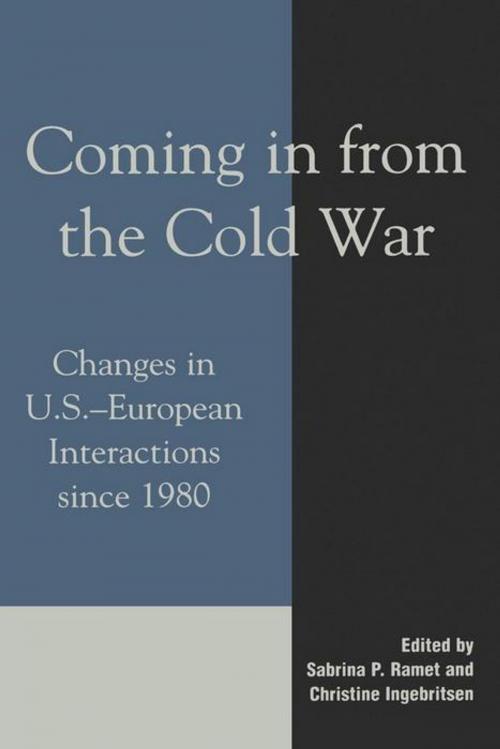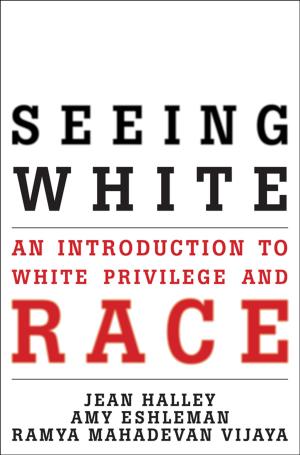Coming in from the Cold War
Changes in U.S.-European Interactions since 1980
Nonfiction, Social & Cultural Studies, Political Science, International, International Relations| Author: | ISBN: | 9780742574151 | |
| Publisher: | Rowman & Littlefield Publishers | Publication: | December 20, 2001 |
| Imprint: | Rowman & Littlefield Publishers | Language: | English |
| Author: | |
| ISBN: | 9780742574151 |
| Publisher: | Rowman & Littlefield Publishers |
| Publication: | December 20, 2001 |
| Imprint: | Rowman & Littlefield Publishers |
| Language: | English |
The early 1980s brought dramatic changes in East-West relations. The decade began with the death of Yugoslavia's Tito, the birth of Poland's Solidarity trade union, and the U.S. election of Ronald Reagan as president. These key developments, together with the growing financial insolvency of the Soviet bloc and shifts in power in the Kremlin—culminating in the election of Mikhail Gorbachev as general secretary of the Communist Party of the Soviet Union in 1985—signalled the end of an era. Since then, U.S. relations with Europe have charted a new course, influenced especially by the dissolution of the Warsaw Pact, the expansion of NATO, and the growing strength of the European Union. This volume analyzes U.S. relations with Britain, France, Germany, Spain, Russia, Poland, and Ukraine, and examines the new role for NATO in the post-Cold War world and the evolving dynamics in the U.S.-EU partnership. Through their assessment of mutual perceptions, evolving interests, and clashing agendas, the contributors offer a fresh and thoughtful exploration of the relationship between the United States and the major European states.
The early 1980s brought dramatic changes in East-West relations. The decade began with the death of Yugoslavia's Tito, the birth of Poland's Solidarity trade union, and the U.S. election of Ronald Reagan as president. These key developments, together with the growing financial insolvency of the Soviet bloc and shifts in power in the Kremlin—culminating in the election of Mikhail Gorbachev as general secretary of the Communist Party of the Soviet Union in 1985—signalled the end of an era. Since then, U.S. relations with Europe have charted a new course, influenced especially by the dissolution of the Warsaw Pact, the expansion of NATO, and the growing strength of the European Union. This volume analyzes U.S. relations with Britain, France, Germany, Spain, Russia, Poland, and Ukraine, and examines the new role for NATO in the post-Cold War world and the evolving dynamics in the U.S.-EU partnership. Through their assessment of mutual perceptions, evolving interests, and clashing agendas, the contributors offer a fresh and thoughtful exploration of the relationship between the United States and the major European states.















